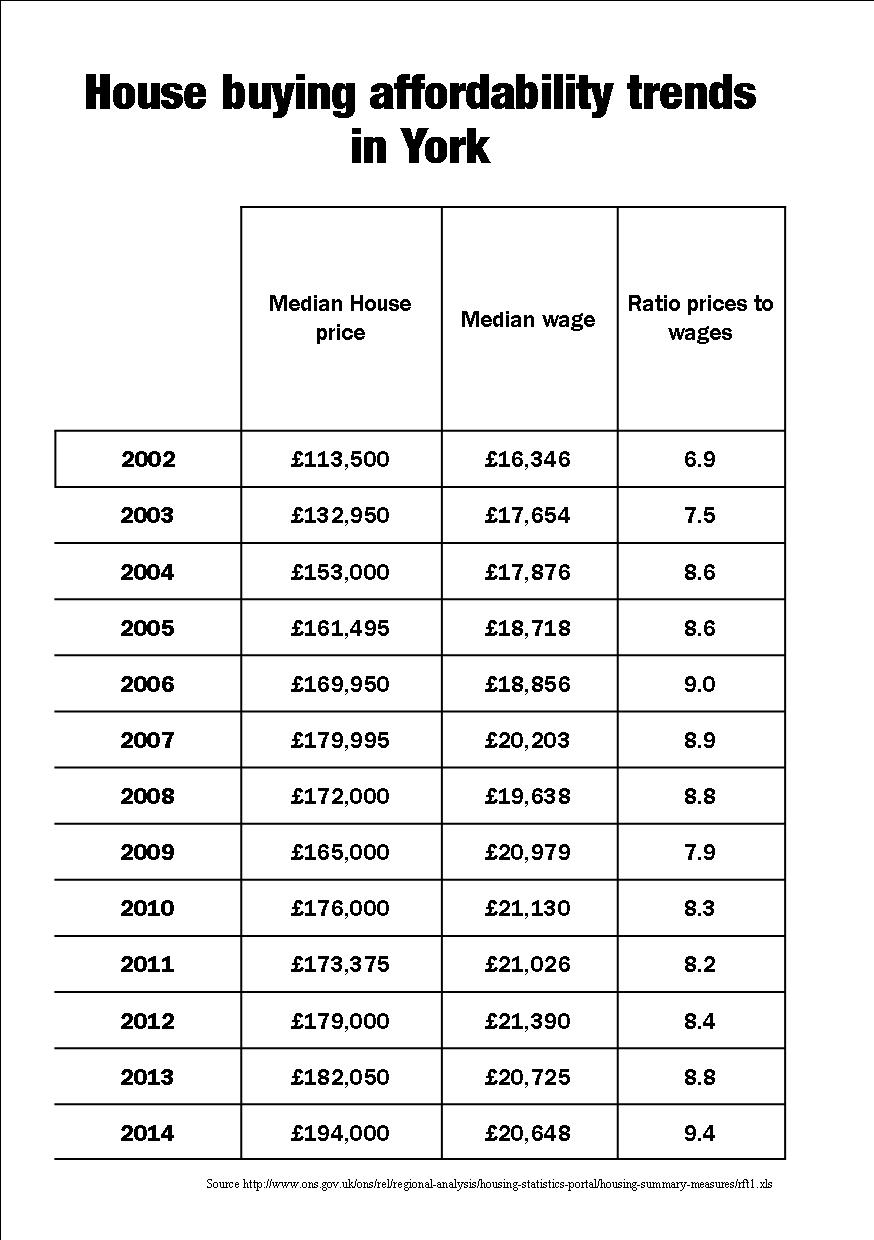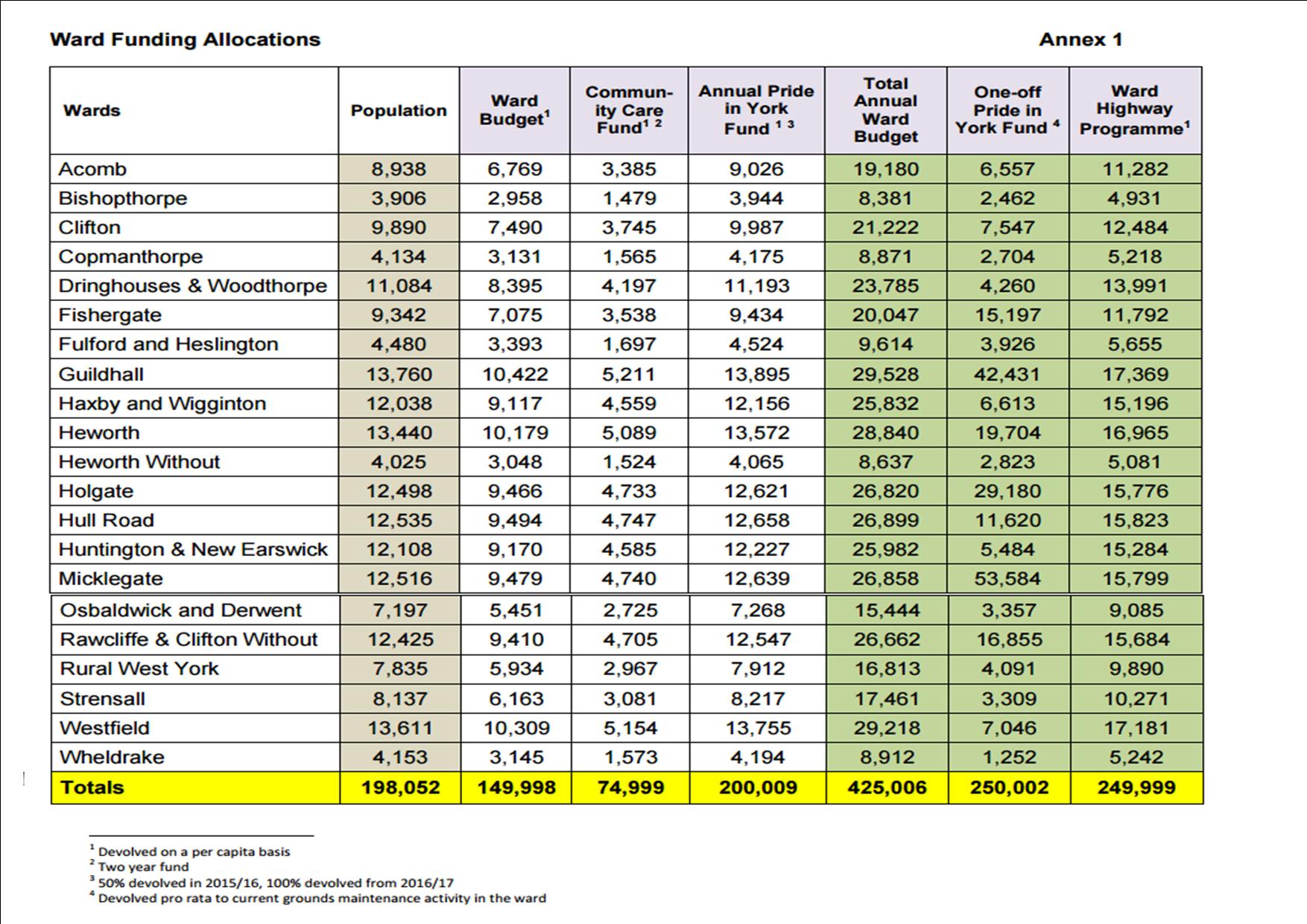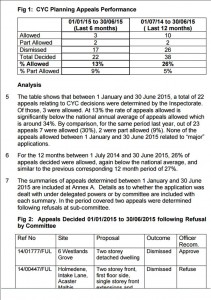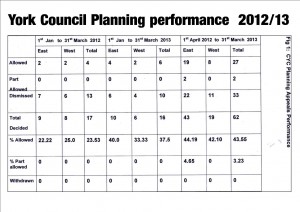 The York Council is embarking on a, largely nominal, consultation exercise on the desirability of handing powers to an elected Mayor in Yorkshire.
The York Council is embarking on a, largely nominal, consultation exercise on the desirability of handing powers to an elected Mayor in Yorkshire.
Unfortunately what powers and resources such an official might have is largely opaque. Hence it is impossible to predict with any accuracy what impact such a post might have on everyday life.
Up and down the country there have been some able Mayor elected. They are balanced by some pretty poor ones in places like Tower Hamlets and, much more close to home, Doncaster who have presided over poor services and questionable practices.
In London, the Mayor spends most of his time on public relations duties. London is, in any case, very much different from Yorkshire.
The latest push for devolution coincides with a plan to give Scotland more powers. Yorkshire has broadly the same population as Scotland so why shouldn’t it be able to determine its own priorities goes the argument?
But would a Mayor under siege in a Doncaster bunker be more sensitive to local needs than someone in an office a further 180 miles away.
We doubt they would.
The Council is right to give people a chance to air their views. Given the lack lustre information pack issued by the Council they would be wise not to expect a big response.
The pack contains some strange claims, not least that the new system might help to “preserve the green belt”. The contrary might more likely be the case. A regional baron exercising powers from Bradford might find it much easier to ride roughshod over the views and aspirations of a small City like York
The new Council has inherited a mish mash of regional and sub regional bodies. It is in two enterprise partnership areas and seeks to maintain a foot in both the the Labour dominated West Yorkshire Combined Authority and in Tory dominated North Yorkshire. Added to mix, are four Police and Crime Commissioners (whose role could be taken over by an elected Mayor). Their demise would, at least, be a welcome relief for taxpayers.
So some rationalisation is needed.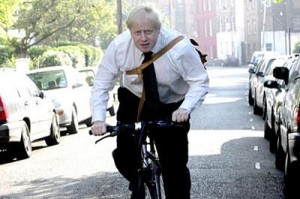
But change should start with the principle of subsidiarity – that decisions should be taken at the level nearest the people that the decision affects.
Unless that principle is agreed, and electoral systems are used which ensure that all views can be articulated, then further consideration of elected Mayors, or extending the powers of the currently opaque “combined authority”, is simply not worth spending any time on.
The Council says, “a series of drop-in engagement events will be held across the city from next week to offer residents and businesses more information about what devolution means for York”.
The drop-in events will be held at the following locations where officers, members of the Executive and the Chief Executive will be on-hand to answer any questions on devolution:
York Explore, Marriott Room
• Thursday 13 August 12.30 – 2pm
• Thursday 20 August 5.30 – 7pm
West Offices, Hudson Board Room
• Monday 10 August, 5.30 – 7pm
• Tuesday 18 August, 11.30am – 1pm
Alternately, email feedback to: devolution@york.gov.uk or write to: Devolution, Business Intelligence Team, City of York Council, West Offices, York, YO1 6GA.

